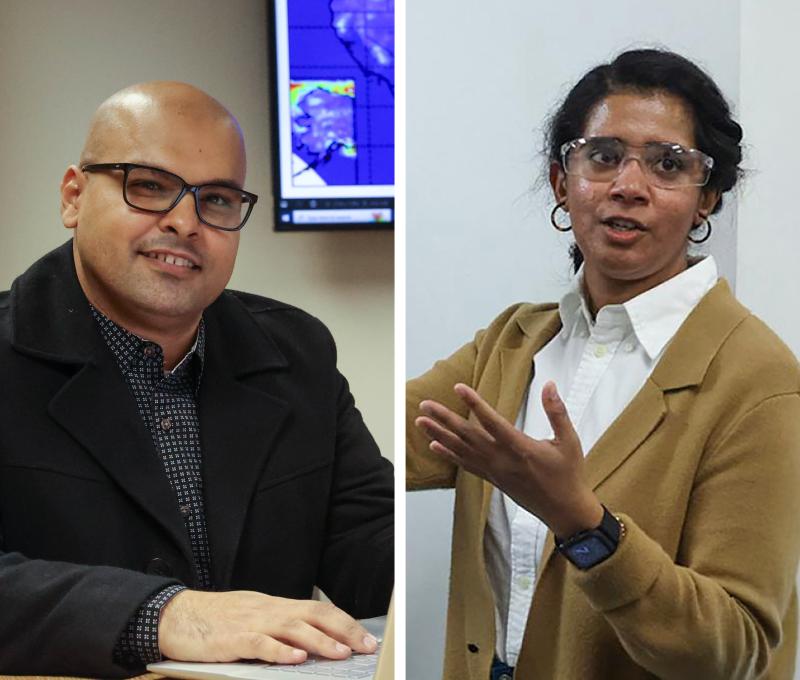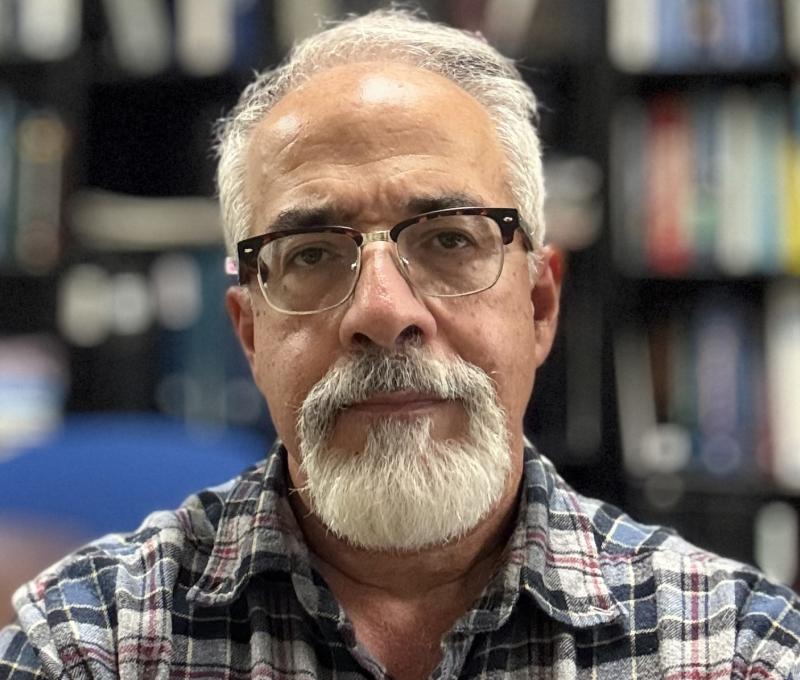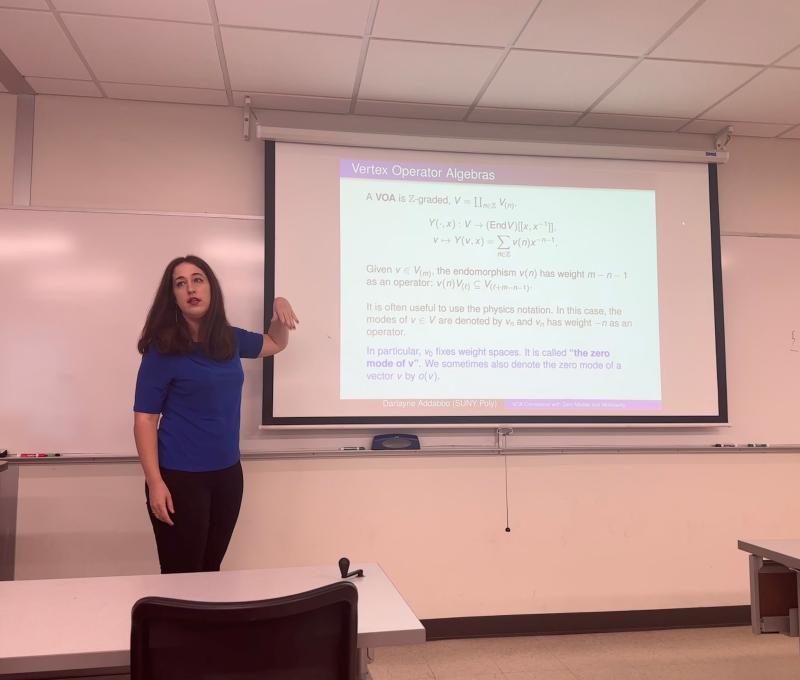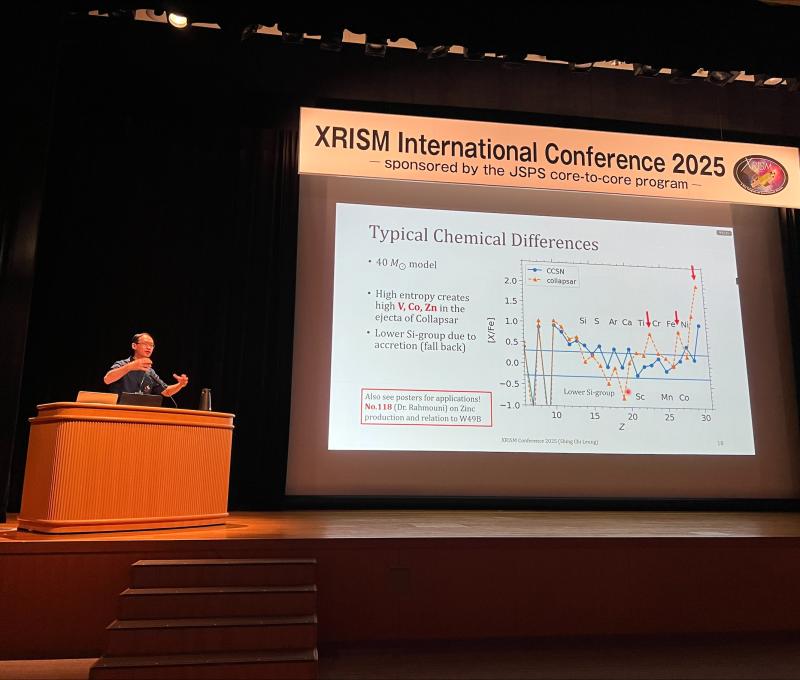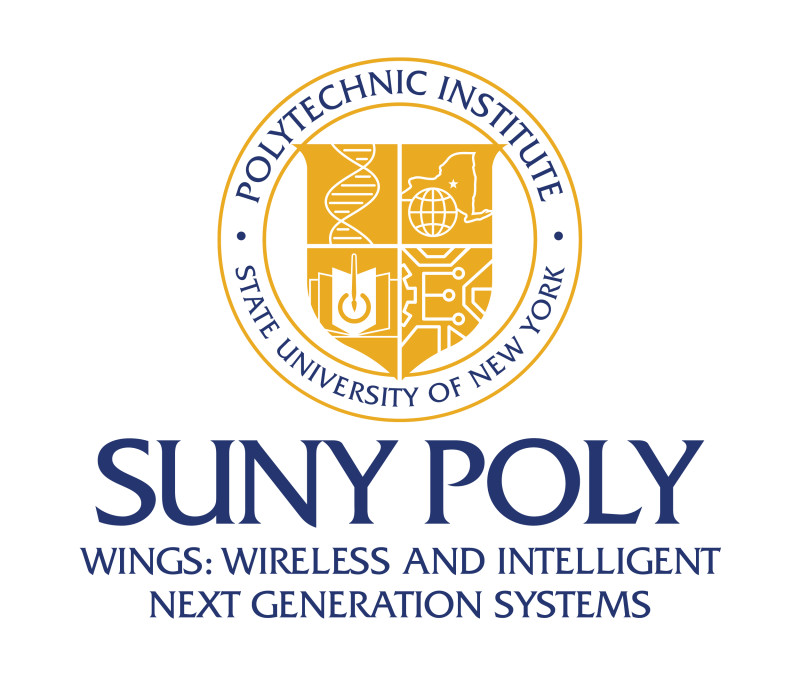Dr. Henao Co-Authors Study on Poverty Gaps in Colombia’s Pacific Region
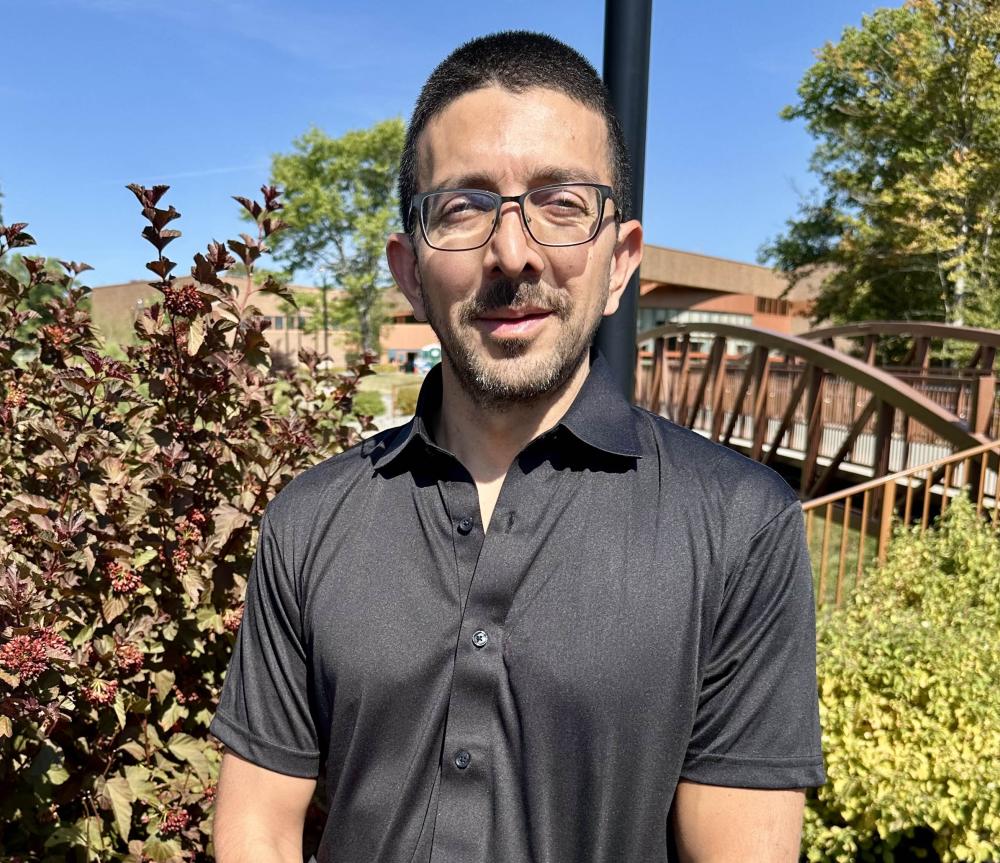
SUNY Polytechnic Institute (SUNY Poly) Associate Professor of Management Science Dr. Juan-Felipe Henao has co-authored new research published in Sustainable Development, a leading international journal ranked in the top tier (Q1) of its field. Collaborating with colleagues from Uruguay, Mexico, and the United States, Dr. Henao’s work sheds light on hidden poverty differences across Colombia’s Pacific region, one of the country’s most geographically isolated and underserved areas.
Using advanced spatial analysis, the research team examined how access to basic services such as electricity, clean water, and education varies across communities. Their study identified five distinct clusters of municipalities, each facing different challenges. For example, the most remote areas struggle with poverty rates above 50%, coupled with severe shortages in electricity, water, and transportation. By contrast, communities closer to urban centers enjoy better access to infrastructure and lower levels of poverty and illiteracy.
A striking finding involves school attendance. The study reveals that children in isolated communities are actually more likely to remain in school than those in economically active areas, where young people often leave school early to work and support their families. This highlights how local economic conditions can influence educational outcomes in unexpected ways.
By uncovering these nuanced differences, the study challenges the effectiveness of one-size-fits-all development policies. Instead, the authors argue that governments and NGOs should tailor interventions to the unique needs of each cluster, whether through investments in electricity, water, education, or transportation.
This place-based approach offers a roadmap for improving equity in Colombia’s Pacific region and provides a framework that could be applied to other rural, geographically isolated areas worldwide. As Dr. Henao notes, such insights are essential for designing smarter, more impactful policies that truly enhance community well-being.

